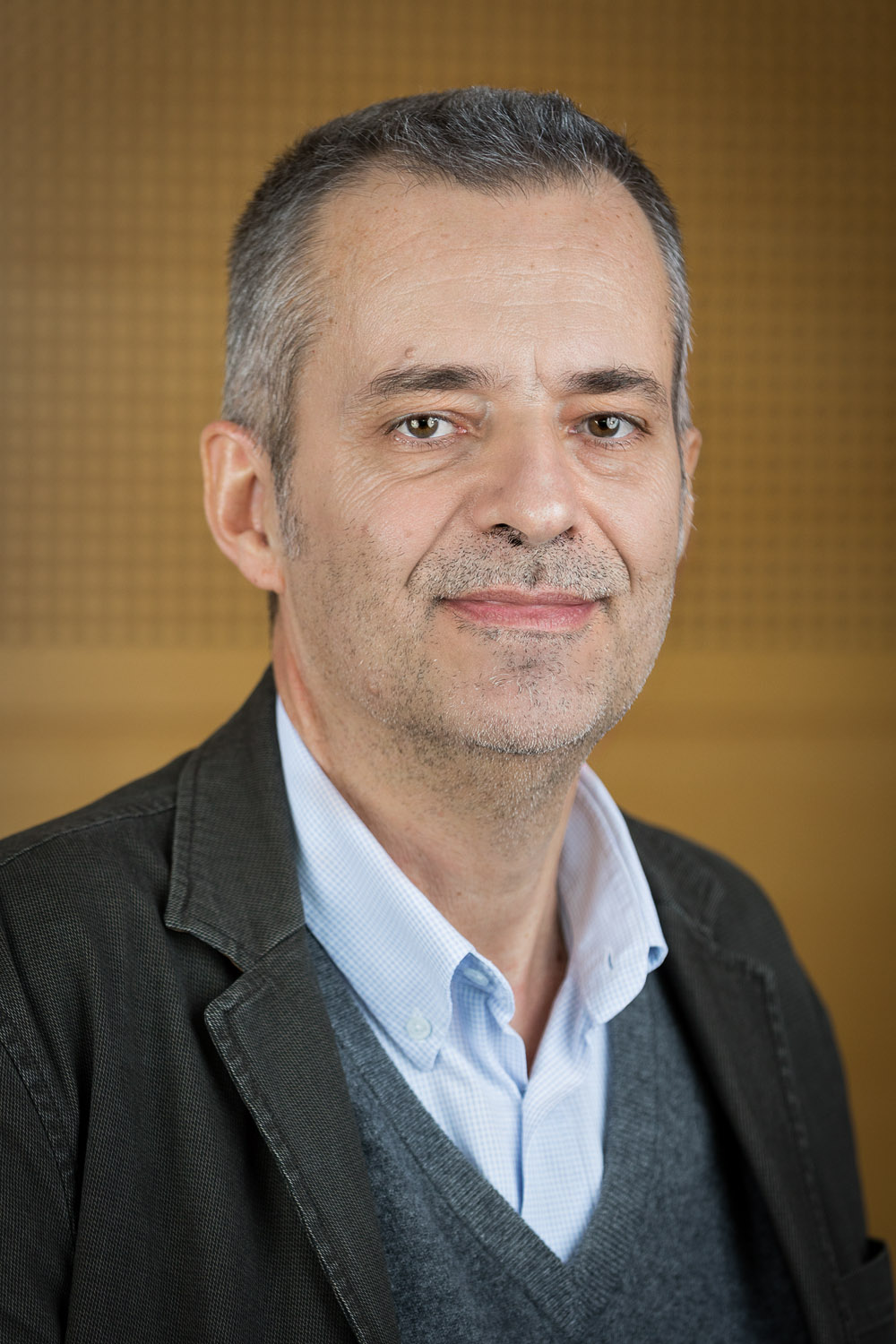 Yves Panis Yves Panis
© ECCO
|
The 9th S-ECCO Masterclass (held in collaboration with the European Association of Coloproctology, ESCP) was organised during the 15th Congress of ECCO in Vienna. Thankfully, just before the coronavirus crisis!
As in previous years, it was a full-day masterclass, and once again it attracted a large number of participants, 149. This meant that in terms of attendance the S-ECCO Masterclass was second among all masterclasses and symposia, just after the N-ECCO Network Meeting.